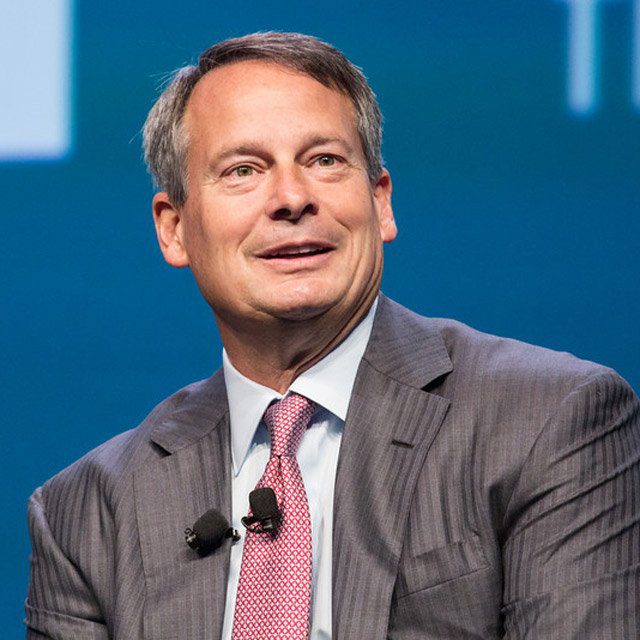Schwab's Bettinger: RIA Model Will 'Keep on Winning'

What You Need to Know
Charles Schwab executives provided an optimistic forecast for the company, financial planning services and the RIA business model at Schwab Impact.
The winning companies of the future will be low-cost providers that don’t require a trade-off in their services.
There continues to be a large opportunity in the market to attract more clients.
Charles Schwab executives provided an optimistic forecast for the company, financial planning services and the RIA business model at Schwab Impact 2022 in Denver.
“The winning companies of the future are low-cost providers and the firms that don’t require [any] trade-off” in their services, Walt Bettinger, CEO of Charles Schwab, predicted during a session on Tuesday, the first day of the conference.
That is “because, if you are the low-cost provider, you are able to be more innovative, you’re able to be more disruptive, you’re able to make greater investments in the areas that are most important to your clients,” he explained, referring to Schwab as one of those low-cost providers.
“And, of course, scale along with great technology gives us that opportunity” also, he said, adding: “What we want to make sure we don’t do is ever have that be a link to a trade-off in service, and I’m pretty confident we’re able to deliver both on your behalf.”
Agreeing with him, Bernie Clark, managing director, head of Advisor Services at Charles Schwab, predicted: “The future is around planning. And I know we both believe in this. And all of you believe the future is around advice: Helping people with their lives, sometimes financial, sometimes personal, quite honestly.”
Meanwhile, there continues to be a “large growing pool of investors,” Clark said. We talk about $37 trillion in wealth management that’s not [being seen] between any of us, including our retail business,” he noted.
Advisors, meanwhile, account for only “about 25% of the $8 trillion in the advice space,” and there is an “opportunity that really exists for us to grow into those spaces and to move forward in a way that helps clients,” Clark explained.
But “they want it in a less traditional [way]. I think they want it in a way that’s going to mean more to them,” Clark added.




